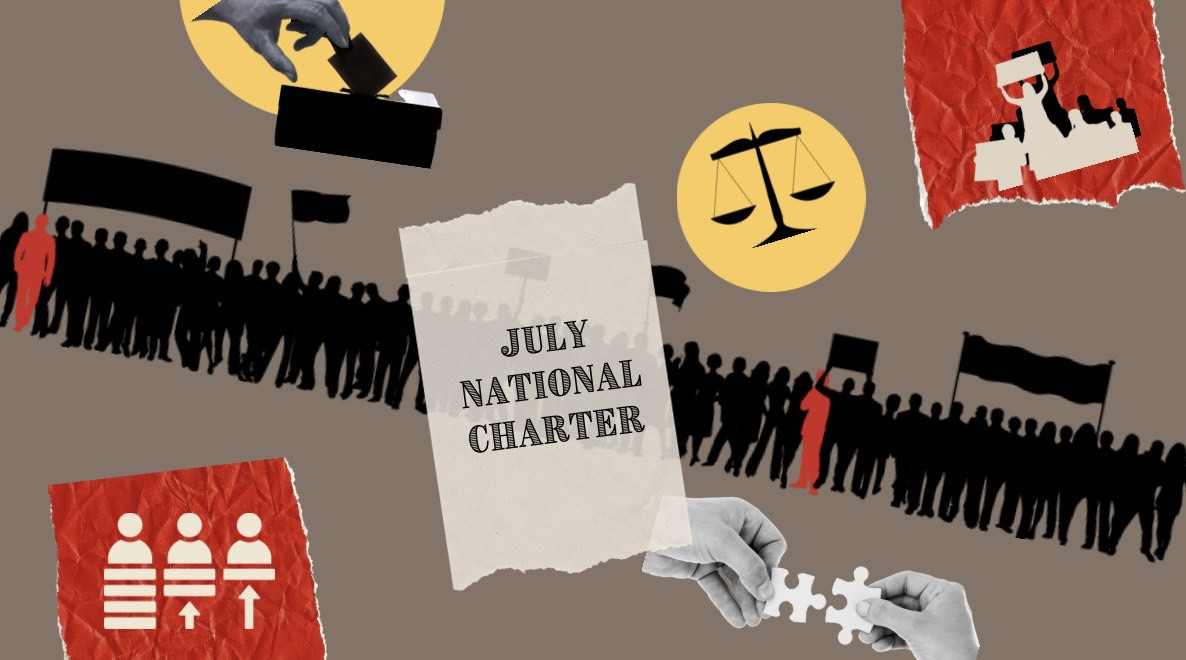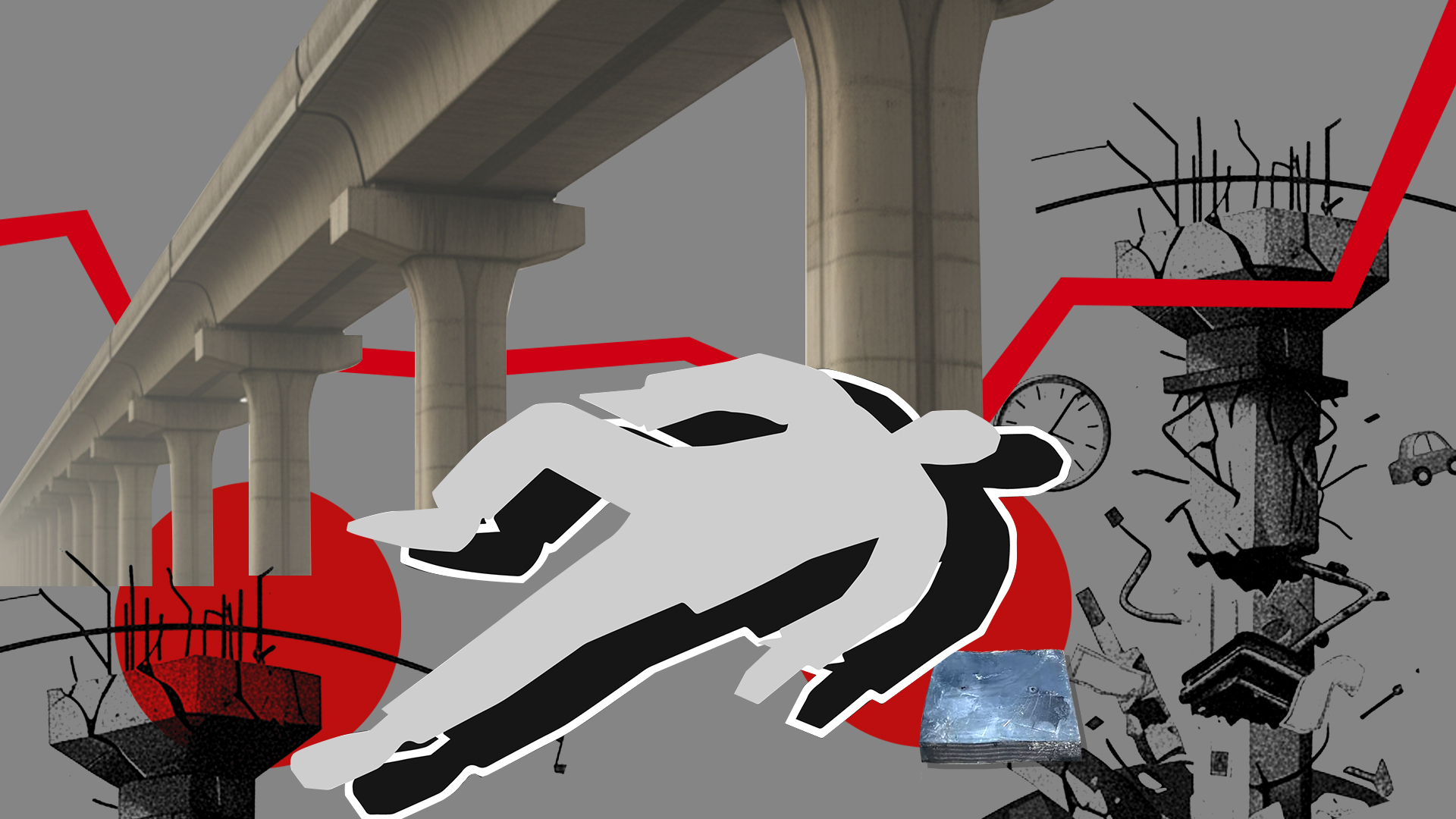The de-escalation deficit in our campuses

Our campuses are becoming increasingly unrestful, with a decline in civic patience and a growing culture of direct action. The episodic student rage is becoming more frequent than ever. While many are sparked by genuine causes which merit urgent attention, some are aimed at making territorial claims, scoring political mileage or asserting supremacy. Such tensions on our campuses have become a barometer of national stress. The timing and nature of the unrest and escalation have the potential to spread beyond the classroom and influence our national politics and mood, which is already strained by inflation, unemployment and factional rivalry, especially ahead of the general election. So, the question is: do the stakeholders of our academic institutions realise that the stake is higher?
Take, for instance, the recent clash between City University (CiU) and Daffodil International University (DIU). The entire CiU campus in Savar was vandalised, and buses were set alight. Students from the neighbouring university raided the campus, reducing it to ruins. Even when a representative from the DIU visited to assess the damage, he appeared genuinely apologetic, promising that his top management had decided to compensate for the losses. However, based on subsequent statements and actions from DIU, it seemed that the institution had reneged on its earlier promise while portraying its students as the primary victims. They are emphasising the mistreatment of students caught by CiU authorities during the vandalism.
The incident had a trivial start. A student of CiU was accused of spitting at the motorcycle of a student belonging to DIU. An altercation broke out, and later a gang of CiU students ransacked a privately owned property that was inhabited by DIU students. The proctor of DIU tried to calm the situation. He, too, came under the abuse of CiU students. The, hundreds of angry DIU students gathered and attacked the CiU campus in the middle of the night. The disproportionate response is both story and history (Latin root of history—historia—implying both story and history).
Now, let us use this incident as a case study for the escalation of violent activities on campuses since the uprising last year. The impact of mass mobilisations to press home maximalist demands (removals, expulsions, and burn/ban threats) has become the order. Gone is the system of institutional incremental grievance processes. Most of our universities have failed to establish clear, trusted, time-bound complaint pipelines, leading disputes to spill into the street or someone else's space. The rapid jump from minor scuffles to arson or blockade demonstrates basic disregard for democratic norms.
The tension in the physical space gets amplified on social media, where an echo chamber creates outrage cycles. Ideological disagreements can easily be transformed into an all-out campaign for a "ban." The DIU–CiU case shows a lack of inter-campus coordination, enabling tit-for-tat escalations. The situation was reportedly worsened further by the false ego created by the ranking myth—one university is touted as better than the other, which made the spat a test of egos. While universities should indulge in battles of wits, we are back to the primitive law of the jungle and search for the alpha male. We have seen similar clashes between Dhaka College and Dhaka City College, who act like Capulets and Montagues, two feuding families featured by Shakespeare in Romeo and Juliet. The prevailing climate of polarisation has not helped the situation either.
Universities must come up with their own playbook to de-escalate the situation. This must begin with the formation of a 24/7 incident command comprising student leaders, the proctor office, the communication team, and student welfare and its counselling units. This is a standard de-escalation ladder where dialogue and shuttle diplomacy with vetted student representatives can be used before imposing sanctions, only after due process. There should be monitoring of social media discourses as well as preservation of CCTV footage for verification and investigation. Tracking risk indicators (rumour spikes, doxxing posts, "ban/remove" hashtags) can help us prepare to prevent street action.
The existing harassment policies and code of conduct need to be reviewed by the University Grants Commission (UGC) to separate protected speech from misconduct such as harassment, incitement, and doxxing. The tendency to prolong the cases has caused the general mood of distrust in academia. Universities must create rapid review panels comprising students, faculty, and legal participants with 10–14-day clocks for social media disputes. The culture of apology, teach-ins, or formal inquiry must be established to avoid mob penalties. Inter-campus pacts can be strengthened through joint hotlines, non-aggression agreements, and mutual patrol alerts; shared protocols for hostel incidents and crowd dispersion.
Students at their prime can get involved in activities that can affect their entire life or family. Often, peer pressure can turn a student into a perpetrator. Therefore, there should be restorative justice options. We need to replace the "ban/expel" reflex with mediated dialogues or community projects as punishments when feasible. Expulsion should be reserved for repeat or violent offenders. Teachers and staff also need to feel safe on campuses.
The success of the de-escalation process will lie in transparency. Each case of calibrated penalties (from warnings to suspension) tied to specific acts (arson, assault, vandalism, intimidation) must be in the public domain to deter "collective punishment." The suspicion of ad hoc bargaining and cash dealing has already hampered our academic image.
Most importantly, the academic code of conduct must be introduced to all incoming staff and students. This may include mandatory short modules on non-violent action, digital citizenship, and grievance pathways for freshers and student leaders. What is now required are even-handed disciplinary actions to set a national precedent.
Universities must stop acting like wrestling rings and start behaving like conduits for creative and critical minds. Unless we de-escalate the tension, our campuses will forget the original aim and scope of a university: knowledge creation and dissemination, academic and cultural leadership, innovation and community engagement. Universities are designed to build the nation, not break it.
Dr Shamsad Mortuza is professor of English at Dhaka University.
Views expressed in this article are the author's own.
Follow The Daily Star Opinion on Facebook for the latest opinions, commentaries and analyses by experts and professionals. To contribute your article or letter to The Daily Star Opinion, see our guidelines for submission.




 For all latest news, follow The Daily Star's Google News channel.
For all latest news, follow The Daily Star's Google News channel. 

Comments